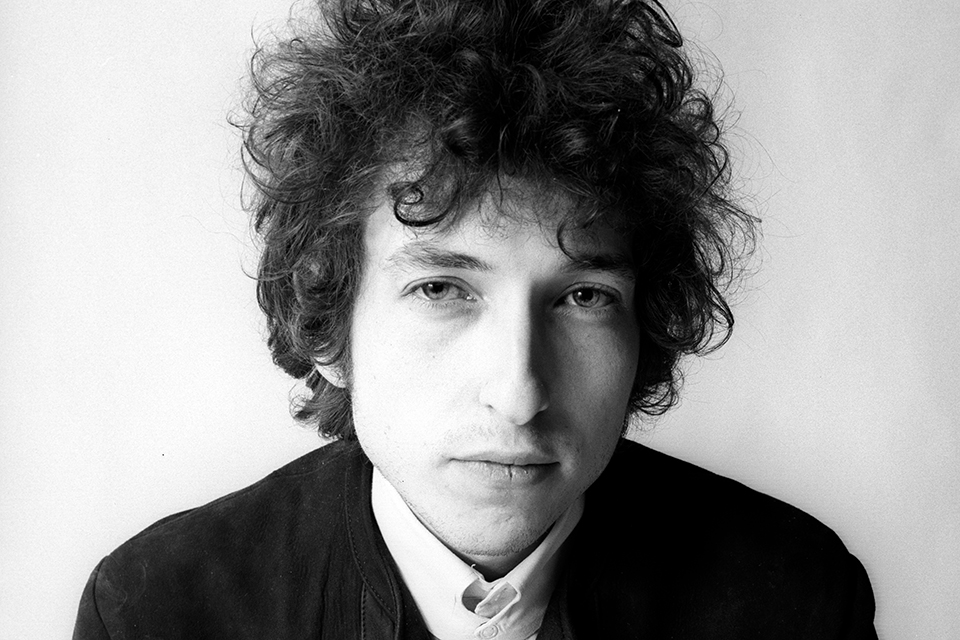Bob Dylan, one of the world’s most influential, if not the most influential, singer and songwriter of our time, was awarded the Nobel Peace Prize in Literature today, making him the first American to win the prize since novelist Toni Morrison in 1993 and the first ever musician to win it since the prize was first awarded back in 1901.
Although Dylan, now 75, has often been rumored as a possible candidate for the prestigious award, today’s announcement still comes as a rather big surprise. After all, his work doesn’t really fit into the typical literary box of poetry, novels, and short stories that the prize has traditionally come to recognize. But perhaps that’s exactly why he was chosen in the first place, as the Swedish Academy said they were handing Dylan the honor for “having created new poetic expressions within the great American song tradition.”
Sara Danius, the permanent secretary of the 18-member Swedish Academy and a literary scholar herself, called Mr. Dylan “a great poet in the English-speaking tradition,” even comparing him to ancient history greats like Greek poets Homer and Sappho, whose works were never actually authored on paper by the poets themselves, but rather presented orally, then transcribed by numerous writers and scholars throughout the ages.
She even admitted herself, when asked if the decision to award Mr. Dylan signaled a possible change in the institution’s (and possibly history’s) classic definition of literature, that “The times they are a changin’,” clearly making a joking reference to one of Dylan’s more popular tunes.
Of course this isn’t the first non-musical award Dylan has received, having taken home the Pulitzer Prize back in 2008 for his “profound impact on popular music and American culture, marked by lyrical compositions of extraordinary poetic power” as well as the 2012 Presidential Medal of Freedom, which also happens to be the country’s highest civilian honor. At the time President Obama himself declared that “There is not a bigger giant in the history of American music,” adding that the “unique gravel-y power” of his voice helped redefine “not just what music sounded like, but the message it carried and how it made people feel.” And while there are very few that would argue with that, there were also very few that had argued in favor of Dylan receiving the Noble Peace Prize to begin with.
One of the those who did, journalist Bill Wyman, did so in an op-ed piece for The New York Times back in 2013, writing that “Mr. Dylan’s work remains utterly lacking in conventionality, moral sleight of hand, pop pabulum or sops to his audience. His lyricism is exquisite; his concerns and subjects are demonstrably timeless; and few poets of any era have seen their work bear more influence.”
Indeed, with a career spanning more than five decades and still going strong today, much of Dylan’s most famous, if not most celebrated, pieces of work covered social unrest and injustice throughout the turbulent 60’s and 70’s, with classics like “Blowin’ in the Wind” and “The Times They Are a-Changin’” coming to represent the voice of not just one single man, but an entire generation.
There’s a reason why Dylan used to be introduced on stage as the “poet laureate of rock ’n’ roll,” and now that reason has finally earned its rightful place in history.











